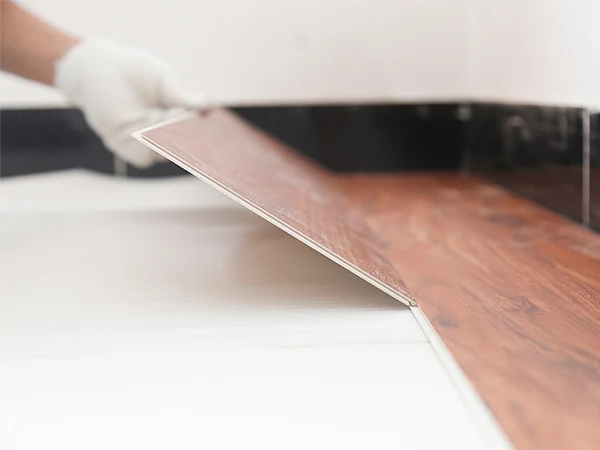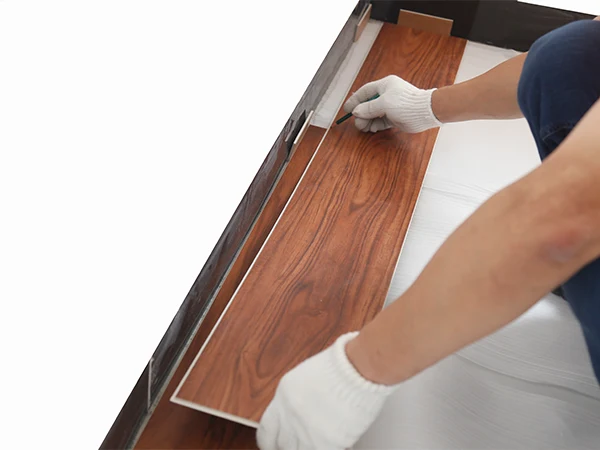SPC flooring is a waterproof flooring that consists of a strong plastic composite material and carbonate additives. It is popular for its high cost-effectiveness and 100% waterproof properties. However, some users may encounter problems with buckling or arching after installation. Here are a few suggestions to avoid these problems.
Different manufacturers have their own SPC production formulas. Some manufacturers may reduce costs by reducing the proportion of plastic resin or increasing carbonate powder. If the price is significantly lower than the market level, it is worth paying attention to the reason.
The tightness of the snap system varies from region to region. Professional manufacturers will adjust it according to the climatic conditions of different countries and regions. In cold areas, the snaps can be tighter, while in tropical areas, they need to be slightly loosened.
Since SPC flooring are usually thin, the flatness of the base layer is very important. It is recommended to use self-leveling mortar before installation to ensure the flatness of the base layer.

When the flooring installation length exceeds 10 meters, be sure to use T-type transition moldings to release the pressure of the flooring and ensure that the floating installation can expand and contract properly.
A 10 mm expansion space must be allowed around the room and all vertical obstructions. The required expansion space may vary depending on geographic location, indoor climate and seasonal changes. It is normal for SPC flooring to move or expand due to temperature changes.

Following the above recommendations can significantly reduce the risk of SPC flooring experiencing buckling issues after installation, ensuring that the flooring maintains its good appearance and performance during use, extending its service life and improving the comfort and aesthetics of the overall living environment.